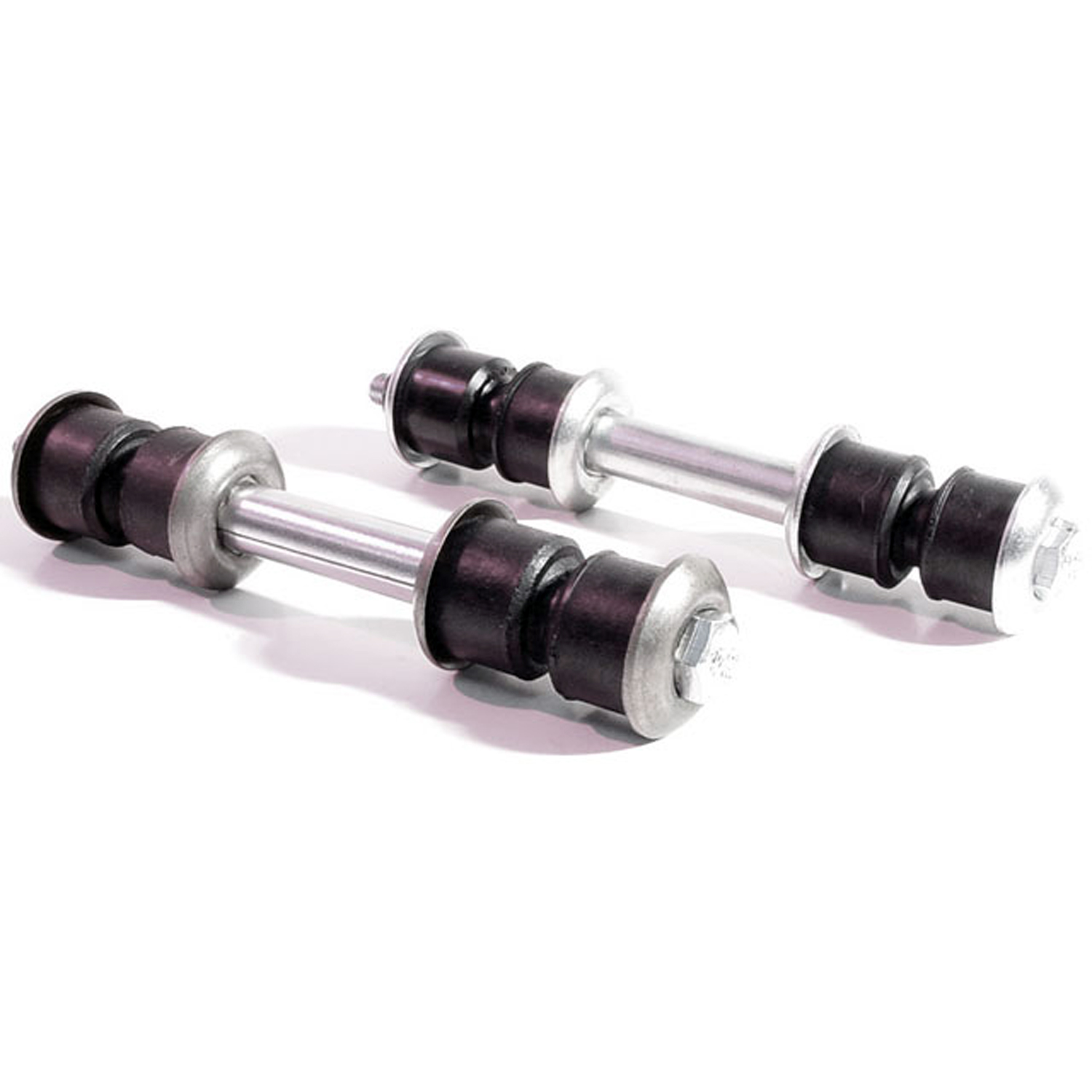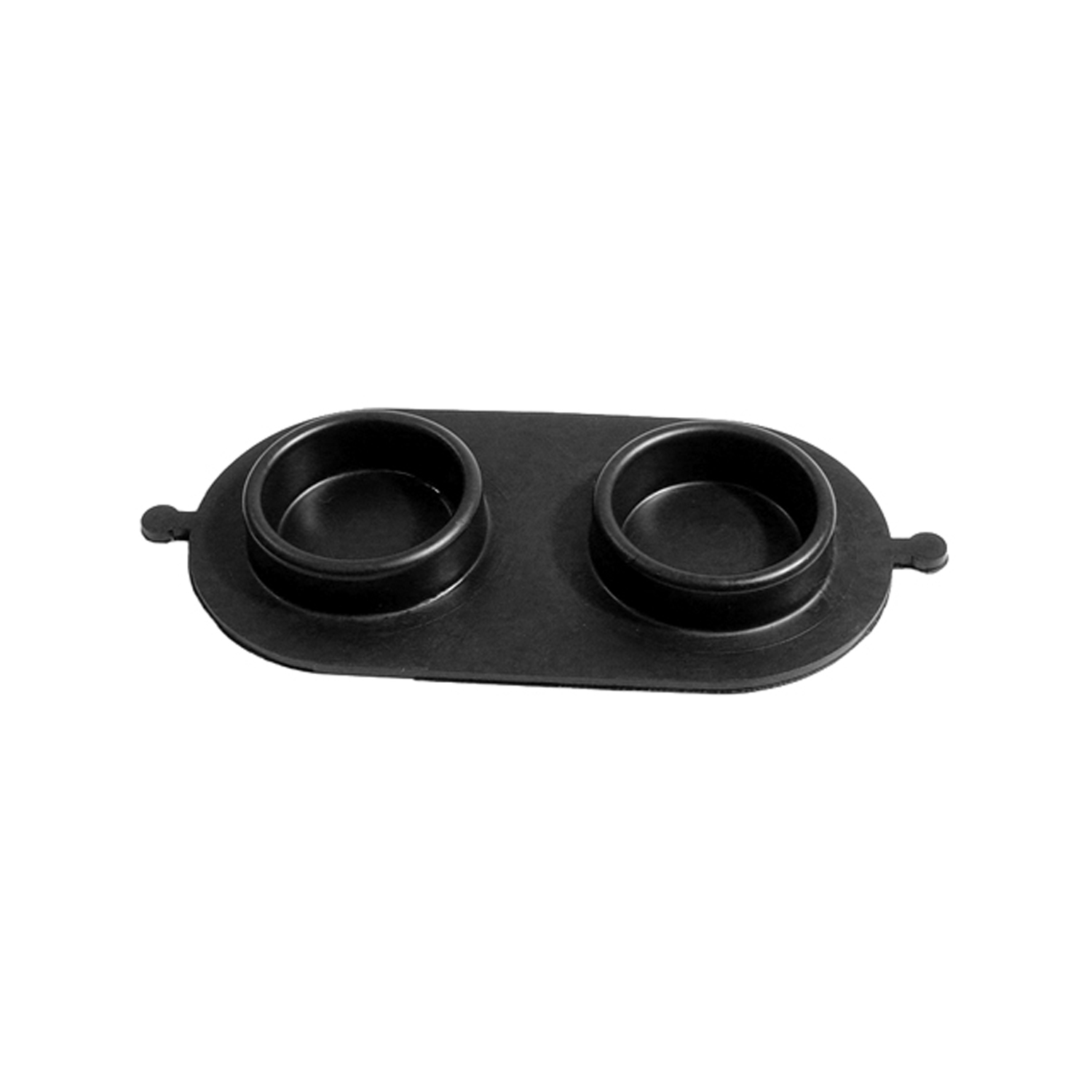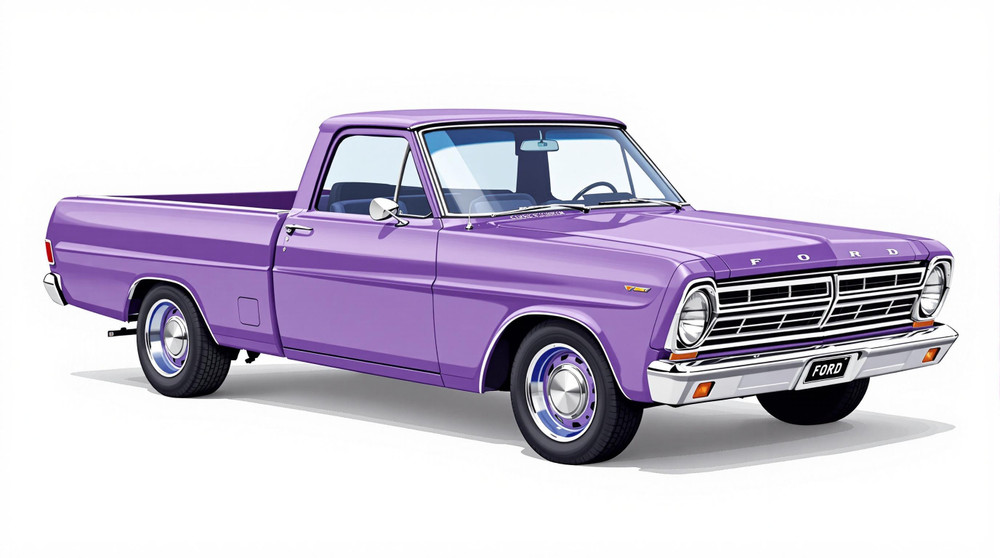Image of 1972 Ford Courier, Note: These illustrations use artistic license and may differ from actual historical models.
Performance Metrics
Fundamental Metrics
Emotional Appeal
MMP Rating
| Engine Specifications | |
|---|---|
| Engine: | 1.8L Mazda F/NA I4 |
| Displacement: | 1.8L |
| Horsepower: | 74-79 hp |
| Torque: | 94 lb-ft |
| Compression Ratio: | 8.6:1 |
| Ignition System: | Distributor ignition |
| Cooling System: | Liquid-cooled |
| Performance Specifications | |
| 0-60 Time: | Estimated 20 seconds |
| 1/4 Mile Time: | Estimated 22 seconds |
| Top Speed: | 85 mph |
| Transmission and Drive | |
| Drive Type: | Rear-wheel drive |
| Transmission Type: | 4-speed manual |
| Fuel and Efficiency | |
| Fuel System Type: | Carburetor |
| MPG: | Estimated 20-25 mpg |
| Dimensions and Brakes | |
| Brakes: | Front disc and rear drum brakes |
| Wheelbase: | 102.6 inches |
| Weight: | 2,800 lbs |
Note: Specifications for classic cars are given to the best of our ability, considering the limited and variant data available.
Unearthing the Charm of the 1972 Ford Courier
The 1972 Ford Courier is a testament to utility and simplicity during an era when compact trucks began to carve their niche in the automotive landscape. Born out of a partnership between Ford and Mazda, this small but mighty pickup was Ford's answer to the burgeoning demand for versatile, fuel-efficient workhorses. The Courier emerged as a pivotal player in an era dominated by muscle cars and full-size trucks, offering a unique proposition to the market. A notable moment in its history was its role as a pioneer in the compact truck segment in the United States, setting the stage for the popularity of similar models in subsequent years.
Design and Innovation
The exterior of the 1972 Ford Courier exuded a no-nonsense aesthetic with its clean lines and utilitarian design. Its boxy shape was complemented by a modest grille and round headlights that embodied the straightforwardness of the era's design philosophy. Inside, the Courier was basic yet functional, with durable materials that could withstand the rigors of daily use. Technological features were sparse, as this vehicle prioritized practicality over luxury. Color options ranged from classic whites and blues to more vibrant hues, with many owners favoring the earthy tones that were popular at the time. The most iconic body style was the standard two-door pickup with a long bed, which maximized cargo space without compromising maneuverability.
Historical Significance
The 1972 Ford Courier's impact on automotive design was subtle yet significant. It demonstrated that there was a robust market for smaller trucks that could perform well in urban environments and offer better fuel economy than their larger counterparts. This vehicle stood apart for its blend of efficiency and capability, a combination that would inspire future generations of compact pickups.
Performance and Handling
Performance-wise, the Courier was not built to break records but to deliver consistent and reliable service. Its modest engine provided enough power for everyday tasks, with acceleration and top speed figures that were adequate for its class. Handling was straightforward, with a suspension tuned more for load-bearing than for speed. Drivers often praised the vehicle's nimbleness in city traffic and its ability to handle light off-road duties. The driving experience was characterized by a sense of connection with the road, a thrumming engine, and the honest feedback of a manual transmission.
Ownership Experience
Owners of the 1972 Ford Courier typically used it as a daily driver or as a dependable tool for small businesses. Its maintenance and reliability were among its strong suits, with simple mechanicals that made repairs relatively straightforward for the average owner. Parts were readily available, and the truck's design allowed for easy access to most components.
Fun Facts
The Ford Courier may not have been associated with high-profile celebrity ownerships or record-breaking speed runs, but it did have its share of quirks. For instance, some models featured a quirky "smile" on the tailgate—a stamped indentation that resembled a smiley face. While it didn't set any official records, it earned an unofficial accolade for being one of the most hardworking compact trucks of its time.
Collector's Information
Today, the 1972 Ford Courier has a niche following among classic truck enthusiasts. While exact production numbers are hard to come by, it's clear that this model isn't as common as some other vintage pickups. As for value, well-preserved Couriers can fetch anywhere from a few thousand dollars to upwards of $15,000 or more, depending on condition and originality. The market has seen a gradual appreciation for these trucks as they become rarer and nostalgia for simpler vehicles grows.
Conclusion
The 1972 Ford Courier may not have been the flashiest or fastest vehicle of its time, but it carved out a place in automotive history through its practicality and reliability. It stands as a reminder of an era when compact trucks began to make their mark and continues to be celebrated by enthusiasts who appreciate its straightforward charm and utilitarian spirit.
1972 Ford Courier Catalog of Parts
 1972 Ford Courier Front Stabilizer End Repair Kit-BNK 24Front Stabilizer End Repair Kit. 22-piece set for two stabilizer bars. Contains all rubber bushings, washers, bolts and nuts, enough for one front end. Set
1972 Ford Courier Front Stabilizer End Repair Kit-BNK 24Front Stabilizer End Repair Kit. 22-piece set for two stabilizer bars. Contains all rubber bushings, washers, bolts and nuts, enough for one front end. Set 1972 Ford Courier Brake Master Cylinder Cover Seal. Replaces OEM #C7AZ2167-A-RP 2-BBrake Master Cylinder Cover Seal. Replaces OEM #C7AZ2167-A. Each
1972 Ford Courier Brake Master Cylinder Cover Seal. Replaces OEM #C7AZ2167-A-RP 2-BBrake Master Cylinder Cover Seal. Replaces OEM #C7AZ2167-A. EachWhy Choose Metro?
For over 100 years, Metro Moulded Parts has been the pinnacle of quality in classic car restoration parts. Our commitment to precision and authenticity in every component ensures a perfect fit and an OEM-level appearance.
- Expert Craftsmanship & Quality: Each part is a testament to our dedication to reliability and perfection, crafted from original designs and thoroughly tested.
- Advanced Technology: We use cutting-edge techniques to create flawless, long-lasting parts that surpass others in performance.
- SuperSoft Sponge – The Ultimate Door Seal: Not only are our door seals 30% softer than competitors', but they're also guaranteed to never leak. They effectively reduce wind and road noise, enhancing your classic car's comfort and driving experience.
- Proudly American: Our parts are a product of American craftsmanship, made in the USA with a spirit of excellence and heritage.
- Unrivaled Warranty: We back our products with a 30-year industry-leading warranty, a testament to our confidence in their quality.
Join us in preserving the legacy of classic cars with parts that are crafted for perfection, not just made.

